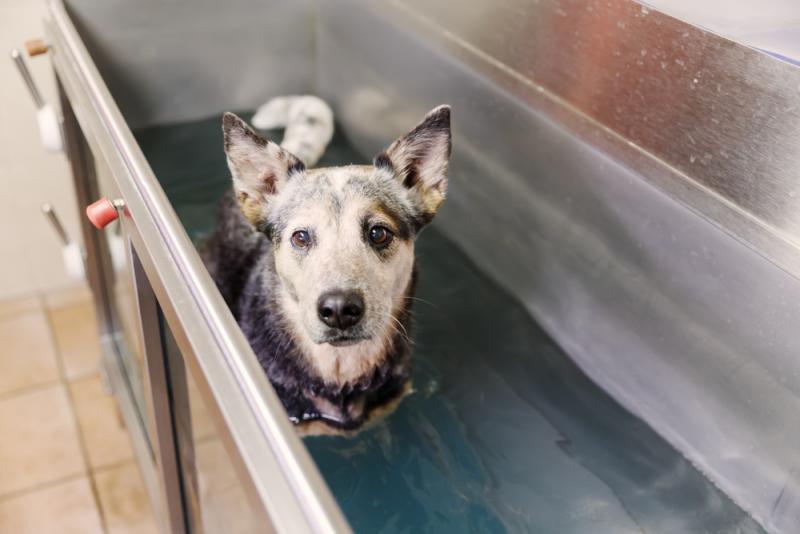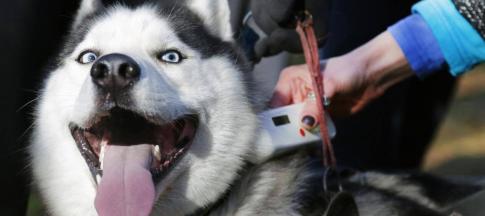
Sometimes pet owners are tempted to turn to alternative therapies instead of traditional treatments if their pet isn’t well.
This especially might be the case if you have an aging pet with chronic conditions, which traditional medicine may not be able to treat or cure.
But what exactly are alternative pet therapies, and are they covered by your pet insurance?
What are alternative pet therapies?
Alternative (or complementary) pet therapies are treatment methods that aren’t commonly used by your vet.
For instance, if you have an older dog with joint issues, they may benefit from physiotherapy on top of the medication prescribed by their vet. This would be considered an alternative therapy.
Other common alternative pet therapies and alternative pet medicines include:
- acupuncture
- homeopathy
- massage
- herbal medicine
- nutritional supplements
- laser treatment
- osteopathy
- hydrotherapy
- chiropractic treatment
Not all of these therapies can be used on all pets. Depending on your pet’s breed, age, and health, some alternative therapies may be too dangerous.
Does my pet insurance cover alternative therapies?
The costs of standard veterinary treatment, such as medical prescriptions, tumour removals and casts for injuries, are covered by Admiral's pet insurance.
Your pet insurer may provide some cover for alternative treatment. It’s important to check your policy book to see if you can claim on these therapies.
If your pet insurer does cover alternative therapies, it needs to be recommended by a qualified vet for you to be able to claim.
If your vet hasn’t recommended an alternative therapy for your pet, then you likely won’t be able to claim on the costs.
Our pet insurance covers fees for acupuncture, hydrotherapy, osteopathy, physiotherapy and chiropractic therapy, so long as the treatment is recommended by a vet.
Read our guide on how to claim on your pet insurance.
What alternative therapies doesn’t pet insurance cover?
Not all alternative therapies will be covered by all insurers.
There’s no official list of alternative therapies that insurers won’t cover, but it’s important to check with your insurance provider before paying for any treatment so you don’t lose out.
Many insurers will not cover fees for certain alternative therapies, including:
- pulsed magnetic field therapy
- the Bowen technique
- reiki massage
- faith healing
Your pet insurer may not provide cover for any alternative therapies. It’s important to check your policy books for full terms and conditions.
How to keep your pet healthy
To avoid having to pay for pet therapies or claim on your insurance, there are some things you can do to try and keep your pet healthy:
- make sure they get regular exercise to keep them at a healthy weight
- make sure their vaccinations are up to date
- provide them with a healthy diet and plenty of water
- wash their bedding and toys now and then
- check their teeth to see if anything looks unusual
- keep an eye on their behaviour to see if it changes suddenly
- make sure your older pets receive regular check-ups at the vet


